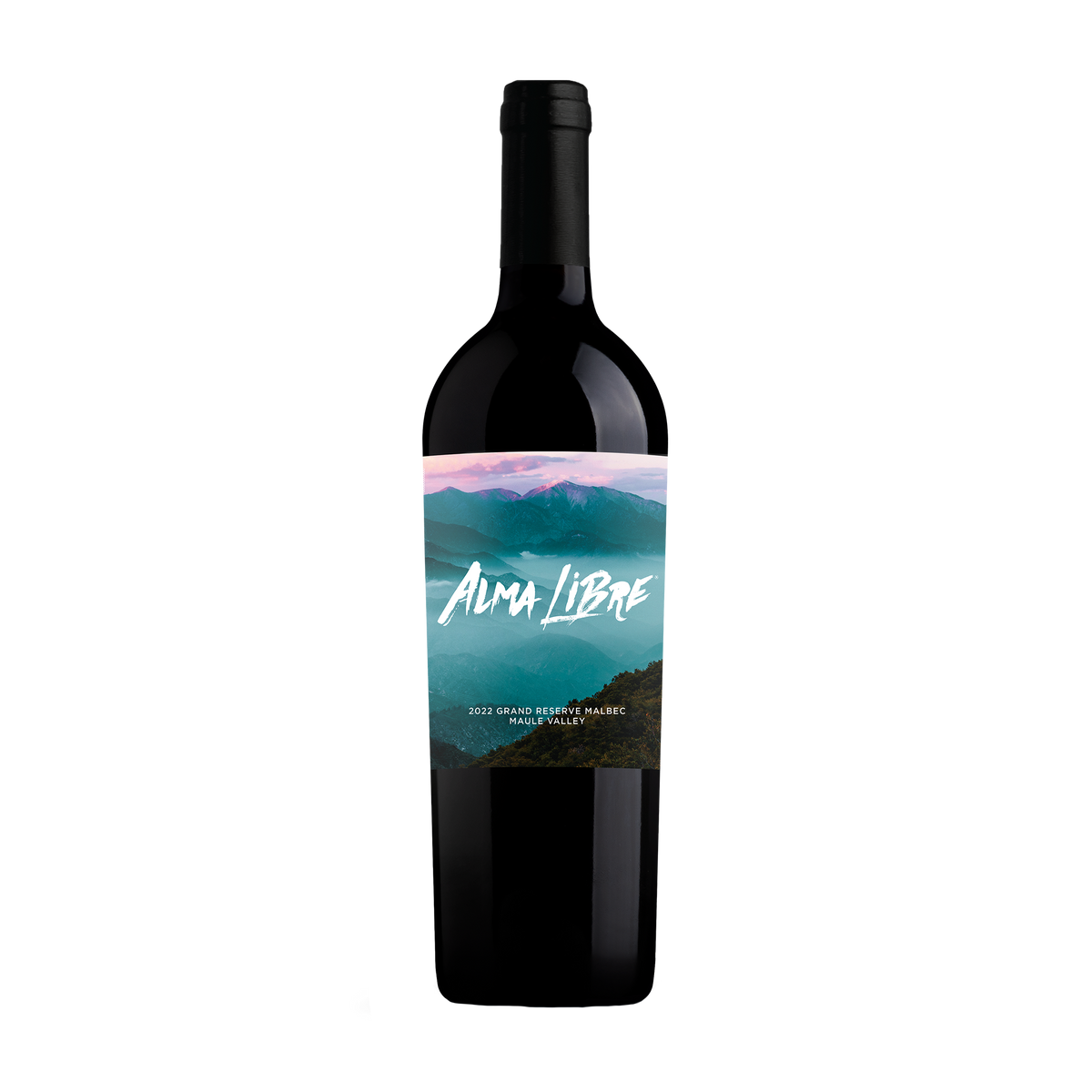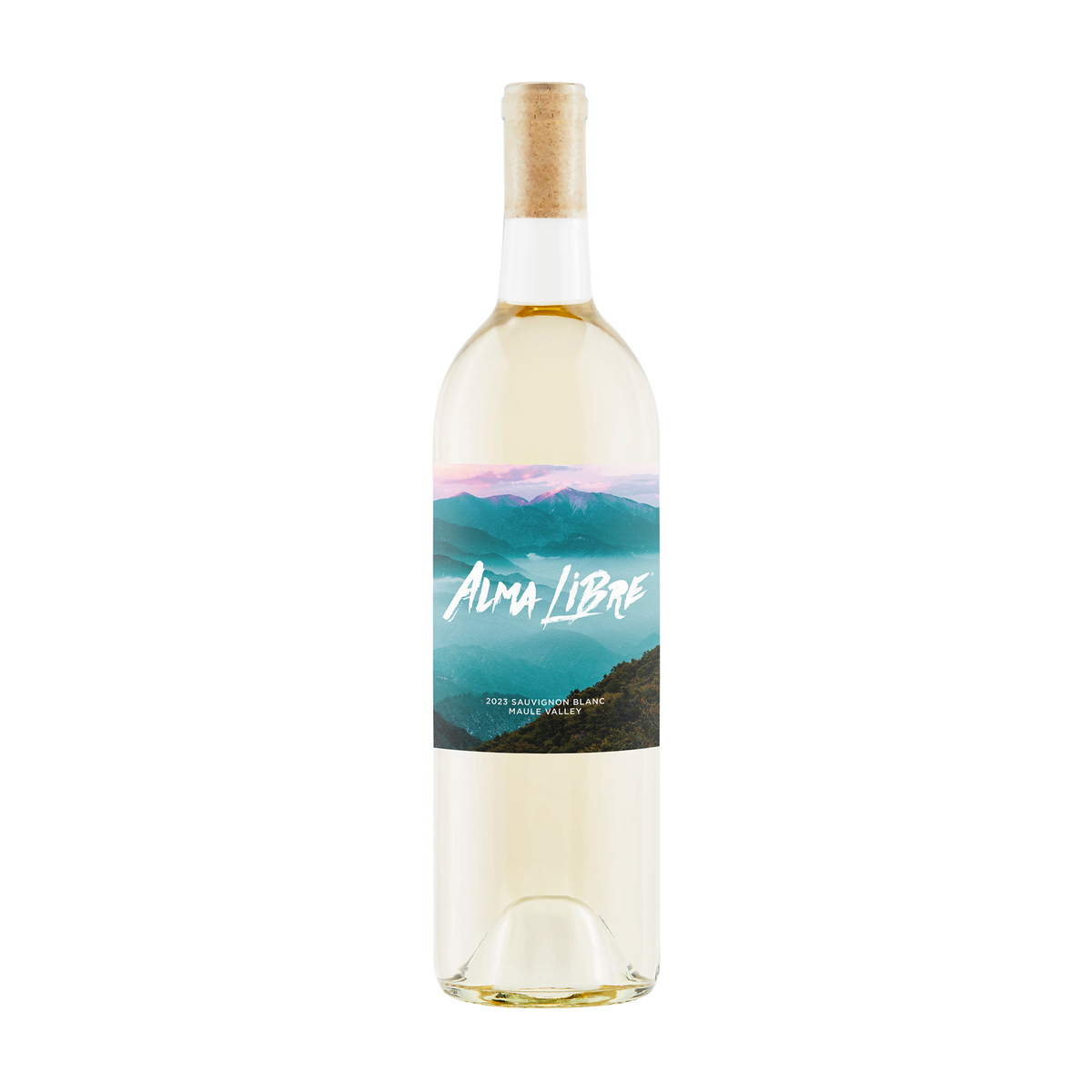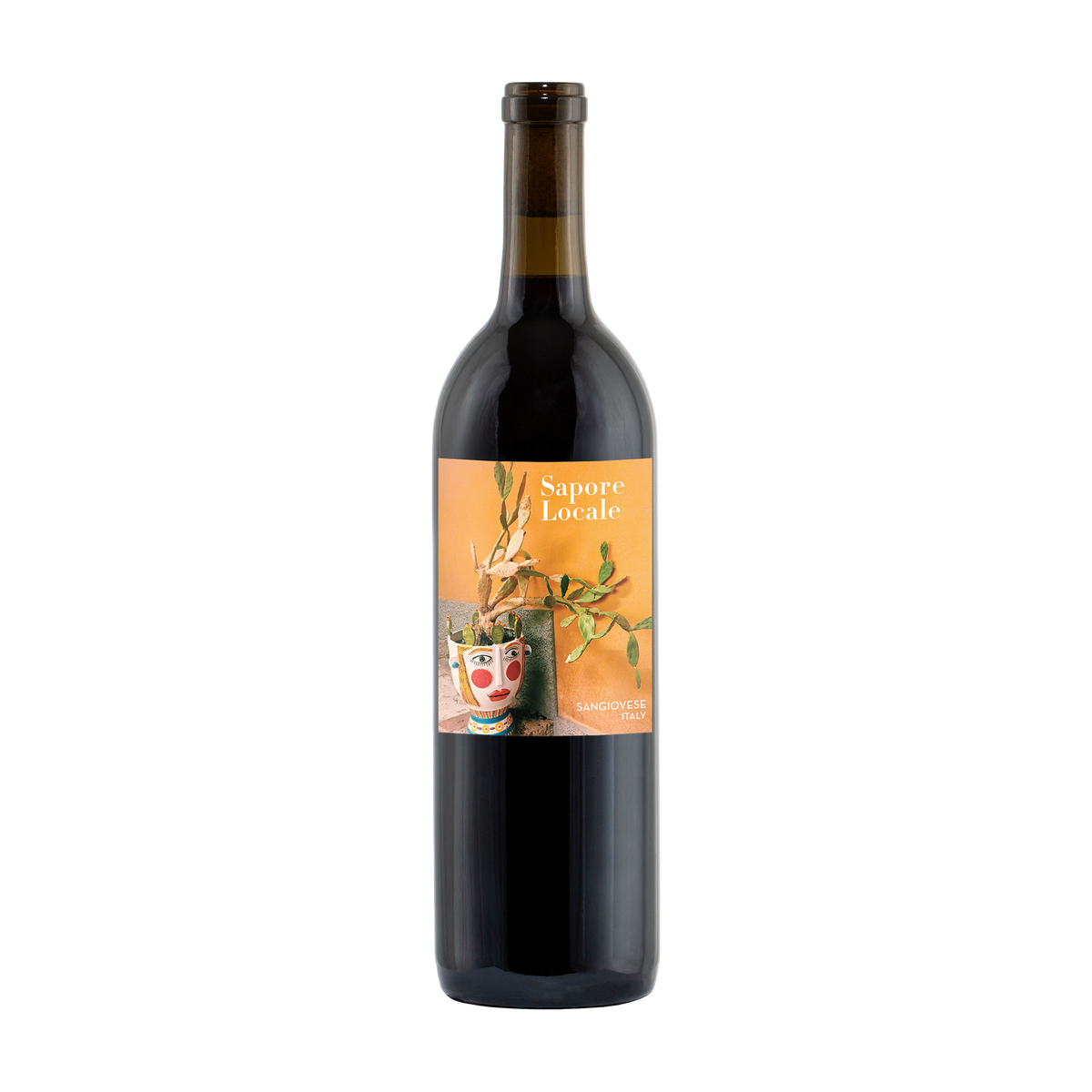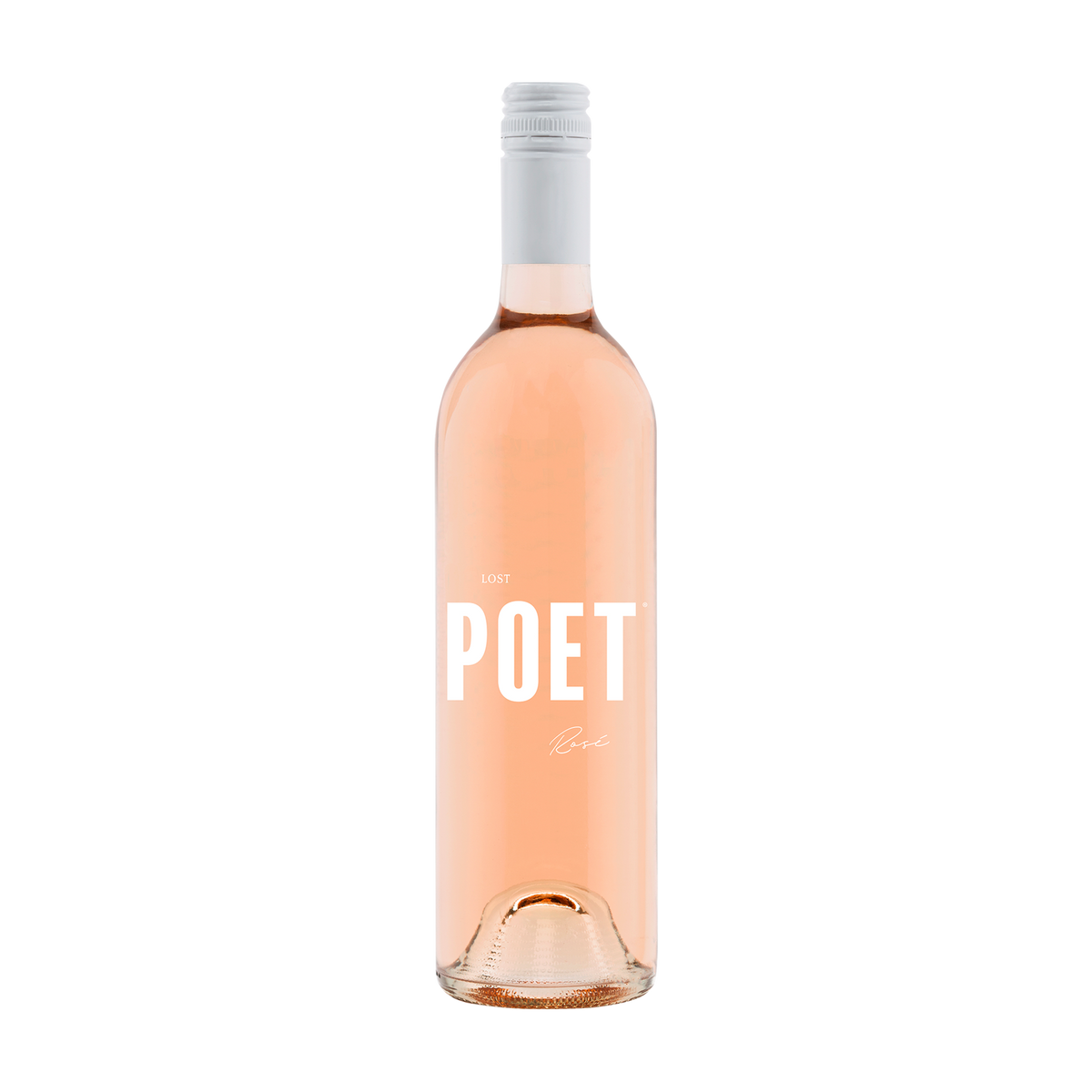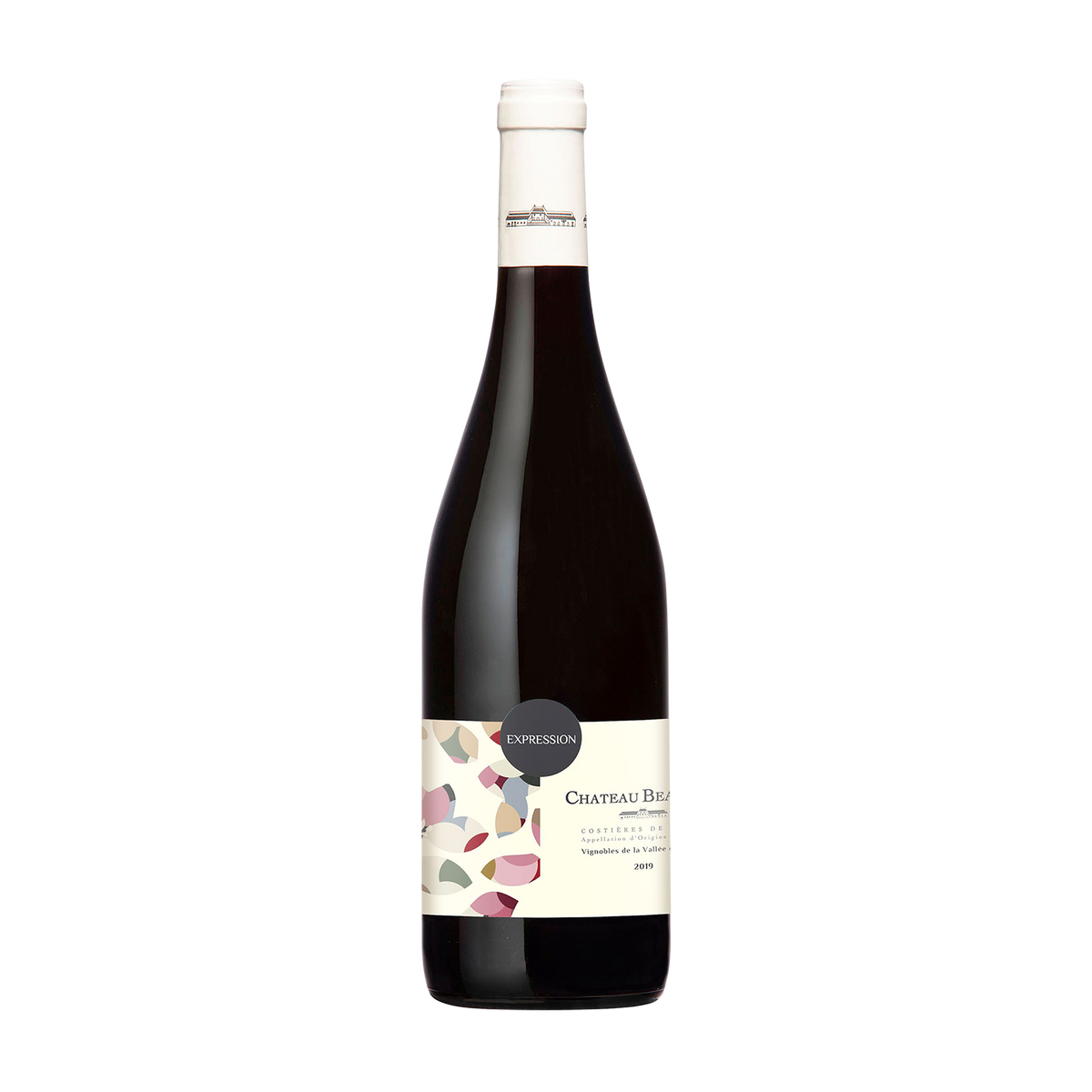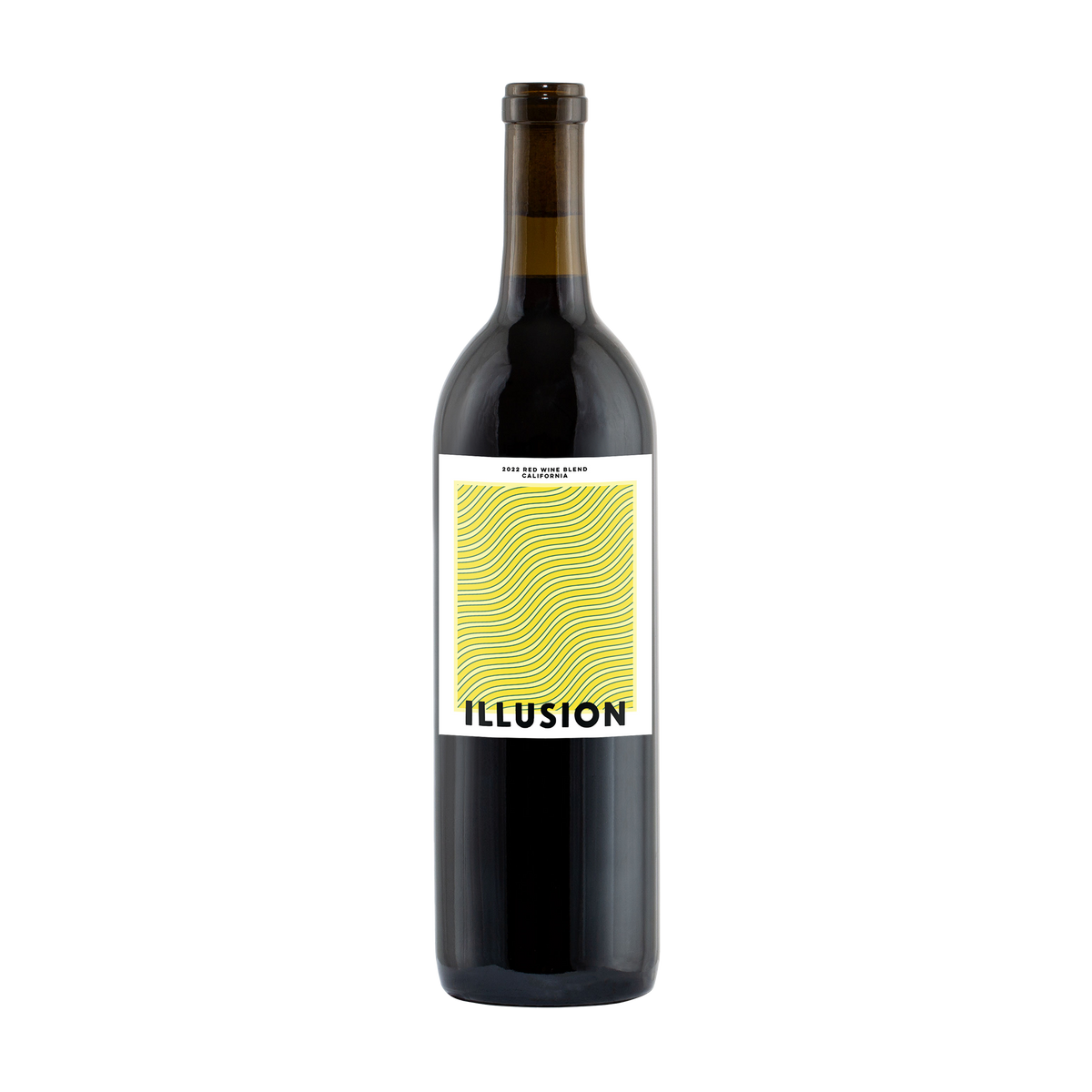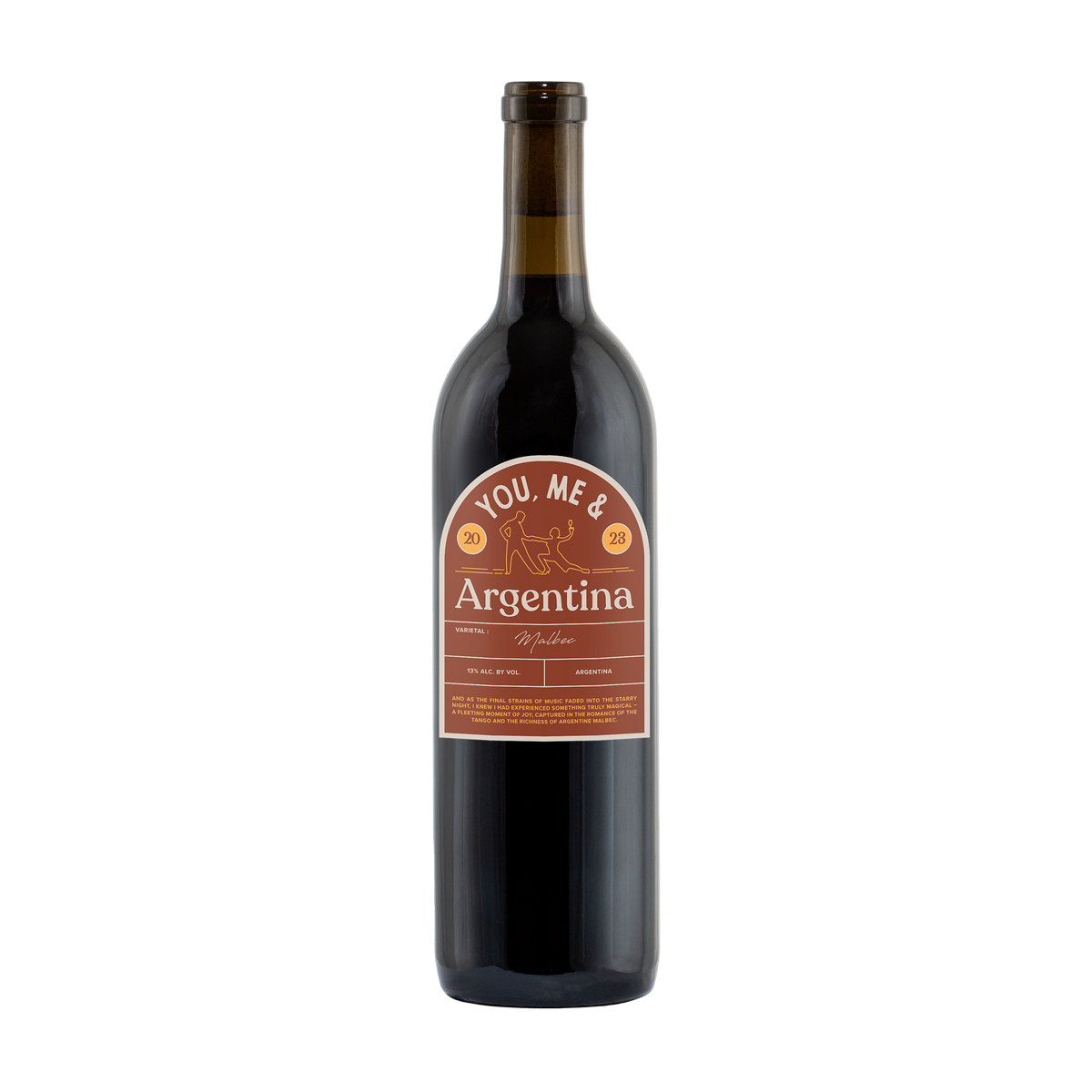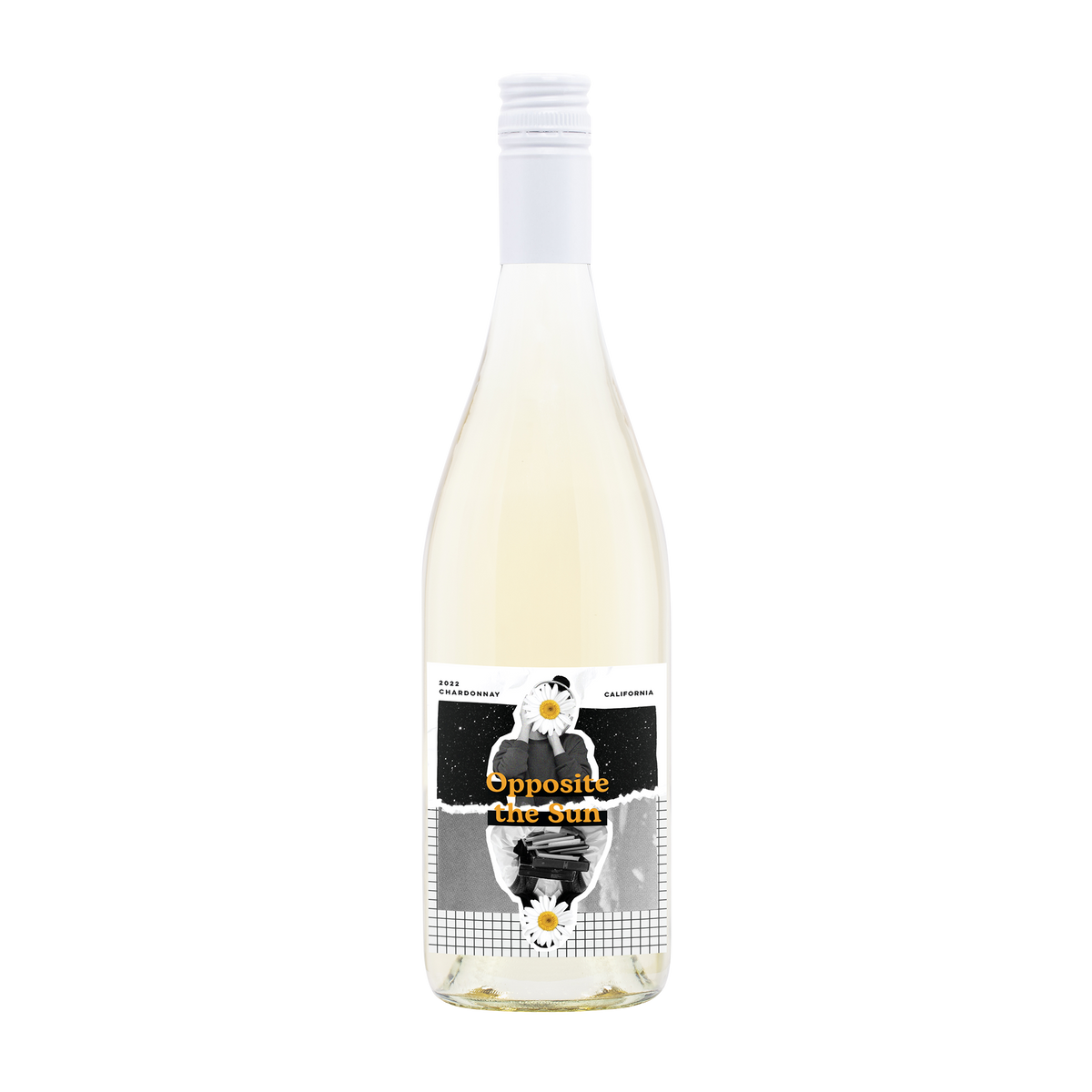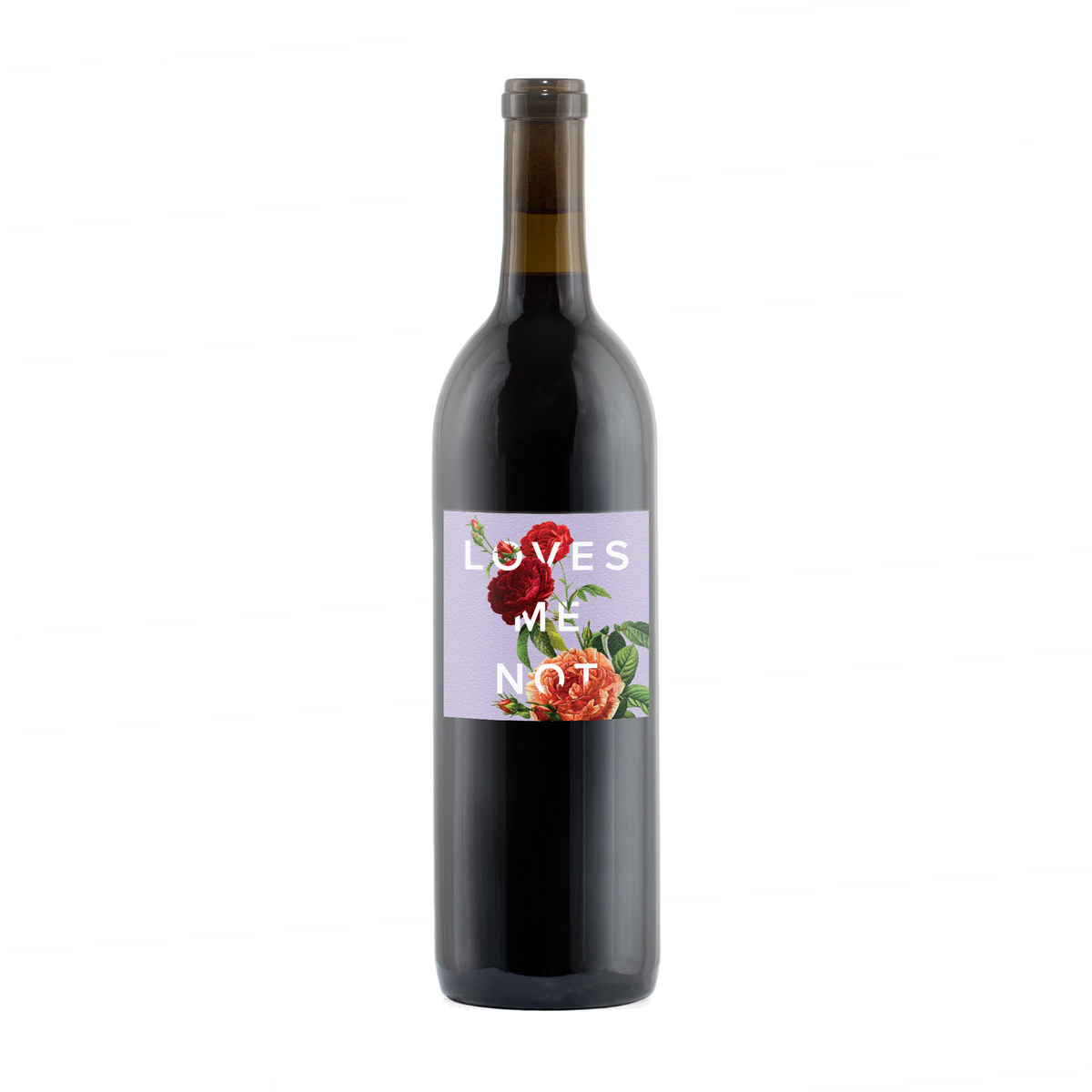2020 Sauvetage Sauvignon Blanc
Item cannot ship to your state
2022 Alma Libre Grand Reserva Malbec
Item cannot ship to your state
2023 Alma Libre Sauvignon Blanc
Top Rated
Item cannot ship to your state
2022 Sapore Locale Sangiovese
Item cannot ship to your state
2023 Tempo Vero Chardonnay
Item cannot ship to your state
2020 Endgame® GSM Red Blend
Item cannot ship to your state
2020 Far + Wide Zweigelt
Item cannot ship to your state
2021 Cape Route Pinot Noir
Item cannot ship to your state
2022 Lost Poet® Rosé Wine
Item cannot ship to your state
2021 Big Beat® Grenache
Item cannot ship to your state
2022 Black Sky Estates Malbec
Item cannot ship to your state
2022 Mojave Rain Cabernet Sauvignon
Item cannot ship to your state
2022 Illusion Red Blend
Item cannot ship to your state
2022 Prismatic Chardonnay
Item cannot ship to your state
2021 Pet Name Petit Verdot
Item cannot ship to your state
2023 You, Me and Argentina Malbec
Top Rated
Item cannot ship to your state
2022 Opposite the Sun Chardonnay
Item cannot ship to your state
2022 Loves Me Not Red Blend
Item cannot ship to your state
2021 Keep It Chill Gamay
Item cannot ship to your state
2023 Tempo Vero Red Blend
Item cannot ship to your state


